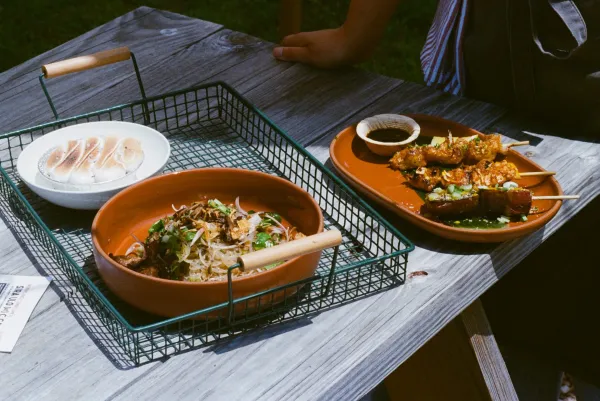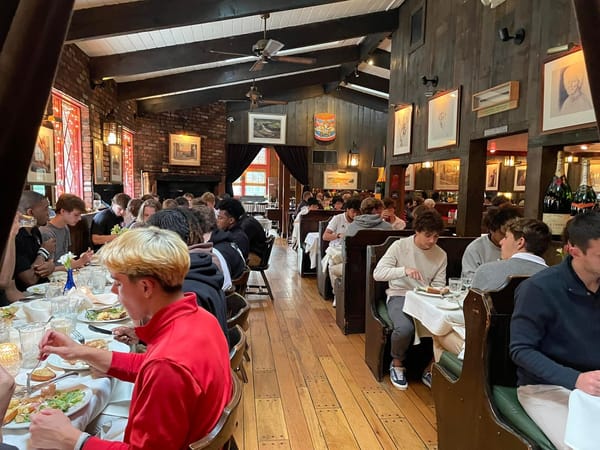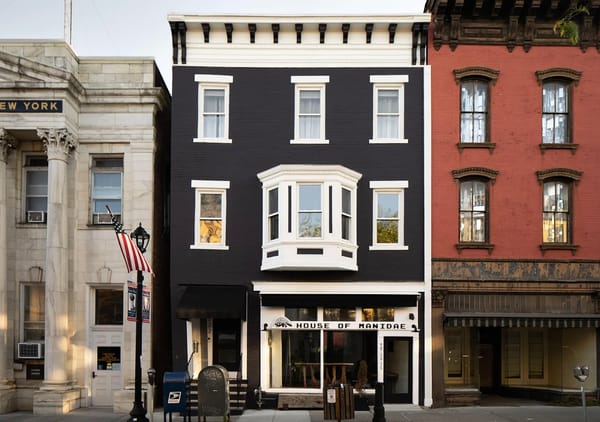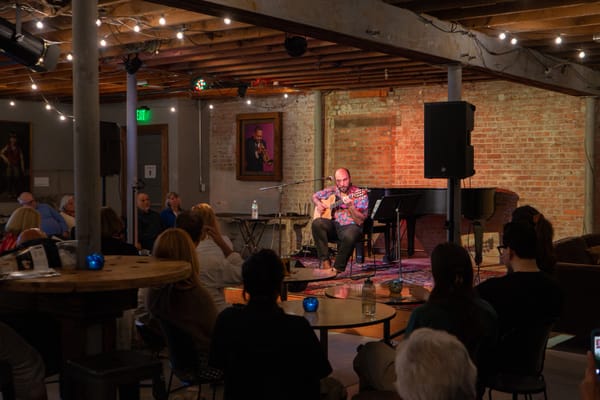Recipe: Smoked Salmon, Dill and Chard Frittata
An elegant frittata with smoked salmon is suitable for breakfast, lunch or dinner.

An elegant frittata with smoked salmon is suitable for breakfast, lunch or dinner.
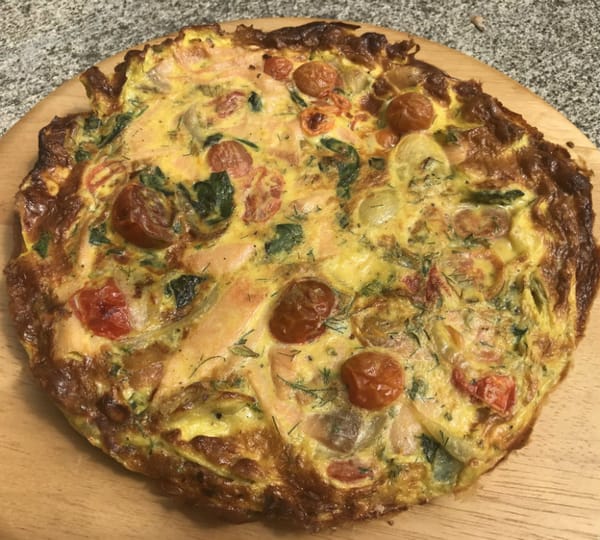
When we began our stay-at-home Covid time, local farm eggs were one of the first things I stocked up on, after boxes of tissues. I didn’t want to face a morning without the option of cracking a blue or green or tan or brown (or white) egg into hot butter in a skillet, sometimes first sizzling in a few aromatic sage leaves.
Across the street, our neighbors tend a flock of laying hens and when we’re lucky, we get a dozen eggs from them. These eggs have deep-orange yolks and intense flavor. They’re so fresh, they almost cluck. Otherwise we shop around, checking various sites, because that’s the way you shop these days, or we drive to one of the tiny self-serve farm stores.
Eggs, of course, are not just for breakfast. They’re for lunch and brunch and dinner. Hard-cooked and sprinkled with coarse salt, eggs are a great snack. Or, hard-cook a dozen, halve them, spoon out the yolks, beat them with mayonnaise and chives and a dash of hot sauce, then spoon or pipe the fluffy mixture back into the whites for deviled eggs, an unbeatable appetizer. Deviled egg platters were once a traditional gift for new brides. Indentations in the platter keeps the eggs from slipping about as you transport them to a potluck. Someday we’ll need those platters again.
Another great way to do eggs is in an elegant frittata. Such a flexible egg dish; serve it hot from the skillet, warm or at room temp or sneak a cold wedge from the covered plate in the fridge. My version has smoked salmon, Swiss chard, now in leafy abundance, and cherry tomatoes for a pop of sweet acidity. You could do spinach instead of chard, and if you like, skip the salmon and make it vegetarian. Then I’d add a big handful of Parmesan or some Gruyere. Whatever you like. It’s your frittata.

Smoked Salmon Frittata with Chard
Makes 4 to 5 servings
3 tablespoons olive oil
1 medium-size sweet onion, halved and thinly sliced (about 3 cups)
Kosher salt and freshly ground black pepper
8 large, fresh local eggs
2 tablespoons snipped fresh dill or chives (or both)
4-ounce package smoked salmon, sliced into short strips, about 1/2-inch wide, pieces separated
3 cups loosely packed ½-inch-wide slices stemmed Swiss chard or baby spinach
1 cup halved colorful cherry tomatoes
1. In a 10-to 11-inch nonstick ovenproof skillet (wrap handle in foil if it’s not ovenproof), heat the oil over medium heat. Add the onion, a pinch of salt and a grinding of pepper and cook, stirring often, until lightly golden, about 8 minutes.
2. Meanwhile, crack the eggs into a large bowl and whisk to blend well. Whisk in the dill and/or chives and 1/2 teaspoon pepper and ¼ teaspoon salt. Stir in the smoked salmon.
3. Add the chard to the onion in the skillet and toss to mix well; it will begin to wilt down. Add the cherry tomatoes, season again with salt and pepper and cook, stirring often, until the chard is tender and the cherry tomatoes have softened a bit but don’t get too juicy, 3 to 4 minutes.
4. Preheat the broiler.
5. Reduce the heat under the skillet to medium-low (or a bit lower if your stove runs hot), and pour in the egg mixture, making sure the salmon is evenly distributed and the cherry tomatoes are visible on top. Cook, lifting the edges three or four times to allow the uncooked egg to slide under the cooked portion, until the frittata is set around the edges, about 6 minutes. The top of the frittata should still be rather runny.
6. Broil 4 to 6 inches from the heat source until the eggs are set and the frittata feels just firm, 2 to 3 minutes, watching carefully so it doesn’t overbrown. Slide it onto a serving platter. Serve hot, warm or at room temperature, cutting it into wedges.
A note about hard-cooked eggs. Fresh farm eggs won’t always peel neatly after hard-cooking. Keep them for a couple weeks first. There are a few different methods, but this is the one that works best for me. Don’t ask me about steaming because I’ve never done it.
Put eggs in a large saucepan and add cold water to cover by about one inch. Add a big pinch of salt; it doesn’t flavor the eggs but it keeps the whites in the shells should an egg break. Bring to a full boil over high heat. Remove from the heat, cover and let stand for 11 minutes for large eggs to be completely cooked, and about 7 minutes for a jammy yolk. Drain, leaving eggs in the saucepan and add lots of ice and cold water so they cool quickly and completely. Shell. You can store shelled eggs in a container of water in the fridge so they keep their shape.
